Judging Yourself: Understandable But Not Helpful
I came across this beautiful quote by Dr. James Rouse that summarizes why it's so important to not judge ourselves for having done what we said we wouldn't do, or not doing what we said we would do:
"We cannot shame ourselves into change, we can only love ourselves into evolution."
Here is a 5-minute video that was such a needed reminder for me this week.
Well-Meaning But Misguided
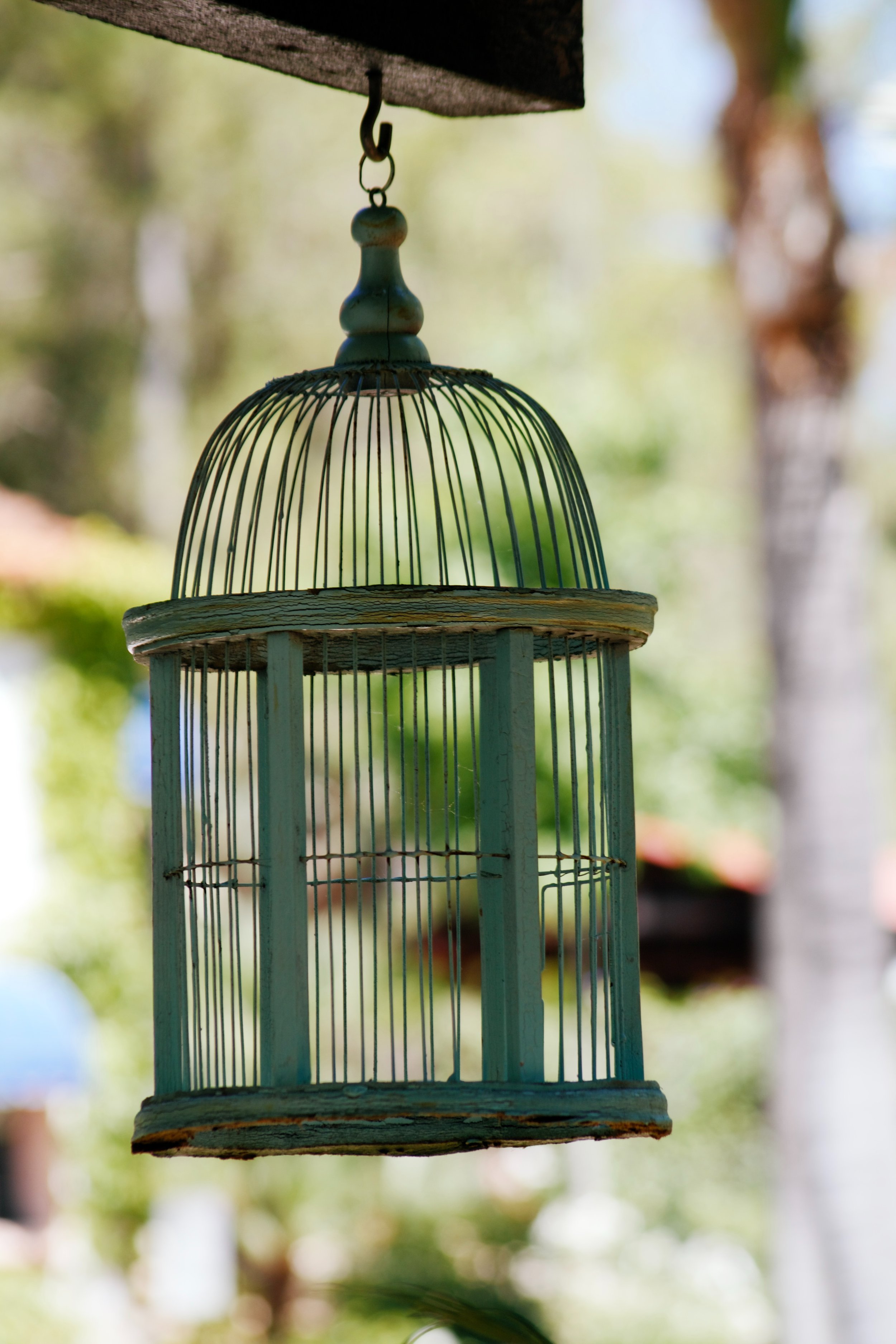
You have your Enneagram autopilot patterns of thinking, feeling, and doing because this is what you needed to navigate times in your life when you were actually powerless, resourceless, and/or supportless.
The very cage that protected you from the scary, shifting outside world when you were younger actually restricts you and causes suffering when you grow bigger in size. Your body grows up and your abilities expand, but your autopilot survival mode doesn't upgrade accordingly.
Hence it's really important to be gentle with yourself that your Enneagram autopilot is still on - it's trying to help you, but with outdated information.
(Think of an employee who out of fear of being fired keeps creating problems it knows how to solve...If that person has reassurance that they're safe and okay, they might actually direct their attention and energy towards what is actually needed and beneficial and become a fantastic worker.)
Time To Grow Beyond!
If you're feeling like your approach to life just isn't working the same way for you anymore (or that it's actually creating problems), it's time for you to take the next step in taming and peeling back your autopilot (open the doors to that cage) so that you can spread your wings and explore the wondrous skies that you were always meant to enjoy.

Here are some options for next steps:
Learn more about your Enneagram autopilot through these blogs or other resources
Schedule a 1:1 Enneagram coaching session for you chart your next growth steps beyond your type
Join the waitlist for my BFF Melinda Olsen's type-specific growth groups (for 2s and 4s)
Check out one of the Enneagram inner work retreats led by my teachers Beatrice Chestnut & Uranio Paes
Wherever you are in your journey, I am so proud of you and happy that you're here. It's not an easy journey to grow beyond your patterns, but so so worth it.
What are your Enneagram type's emotional habits?
Grab this free guide that shows you how to grow beyond the patterns that keep you stuck!
Don't know your Enneagram type?
Find yours here!
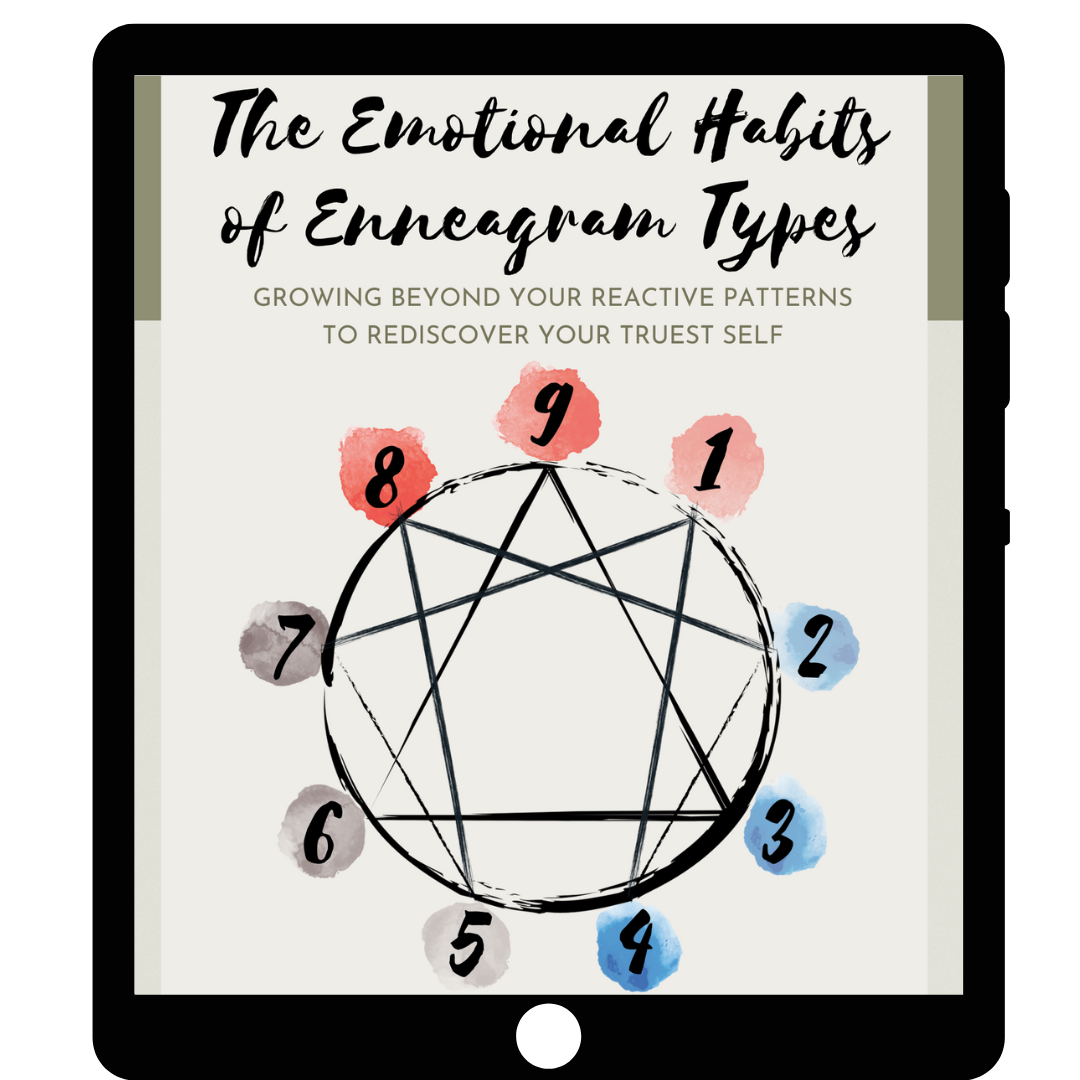
What are your emotional habits?
Woo hoo!!
Check your inbox for your free gift guide,
"The Emotional Habits of Enneagram Types"!!
“The Mask”, featuring Jim Carrey, is a great movie that illustrates what the Enneagram types are like: masks (or personas) we don until we become so “fused” with them that we forget our true selves. Read this blog to learn about your mask!
I was a panelist at the EnneaSummit 2024 for the Enneagram Practitioner Panel.
In this panel, we share our experiences and observations about what different Enneagram types think they need in therapy, what they actually need, and some important growth steps so they can grow beyond their type.
I was a panelist at the EnneaSummit for the Heart Type Panel hosted by Tyler Zach (Enneagram 3).
In this video, six panelists give firsthand accounts about what it's like to be an Enneagram 2, 3, or 4.
If you're eager and intentional about personal growth, here are 5 reasons why I think you def should consider attending one of Beatrice Chestnut & Uranio Paes' type-specific Enneagram retreats.
I had the pleasure of being interviewed by Samantha Mackay on her Youtube channel. Samantha and I talked about how knowing our Enneagram type can help us recover from burnout.
How we dress or present ourselves is one way our inner world shows up on the outside (for better or worse!). Check out how personal styling with the Enneagram in mind can help you discover your authentic style and build confidence in how you show up in the world!
Did you know that some people can have negative reactions about REST, relaxation, stillness, vacation, play? In this blog, I share about going from being someone who rarely takes breaks to now having regular vacations multiple times a year.
Not all Enneagram types have an easy time celebrating their birthdays! Here are some reasons why some of us might have a hard time, as well as some tips on how to take good care of you!
The three Enneagram instincts (Self-Preservation, Social, and Sexual) instincts show up in the way we engage our lives and creative endeavors. Check out this conversation with Rim from The Empowered Sensitive and Creative Podcast!
Each of the nine Enneagram types point out the universal human motivations and themes that make the “colored” lens through which we see life. Which one is yours?
Melissa Smith from the podcast “High Vibe Mindset” invited me to talk about emotional growth and the Enneagram types. Here is the transcript of our illuminating conversation spanning all nine types and how they can grow beyond their behavioral patterns.
Joanne Kim (OliveMe Counseling) and Melinda Olsen (Inviterra Counseling) join Nikhil Sharma (AlignUs World) in a six-part series to introduce the Enneagram - a personality framework that reveals our subconscious patterns. Check out the sixth part of this series here on the Enneagram Body Types!
Joanne Kim (OliveMe Counseling) and Melinda Olsen (Inviterra Counseling) join Nikhil Sharma (AlignUs World) in a six-part series to introduce the Enneagram - a personality framework that reveals our subconscious patterns. Check out the fifth part of this series here on the Enneagram Heart types - the feelers (Enneagram 2, 3, 4)
Joanne Kim (OliveMe Counseling) and Melinda Olsen (Inviterra Counseling) join Nikhil Sharma (AlignUs World) in a six-part series to introduce the Enneagram - a personality framework that reveals our subconscious patterns. Check out the second part of this series here!
Joanne (OliveMe Counseling) and Melinda (Inviterra Counseling) are Enneagram therapists who love helping people grow beyond their reactive patterns of thinking, feeling, and doing. Listen to part 4 of their 4-part series as they discuss the Head Triad and their central emotion of fear.
Joanne (OliveMe Counseling) and Melinda (Inviterra Counseling) are Enneagram therapists who love helping people grow beyond their reactive patterns of thinking, feeling, and doing. Listen to the introduction of their 4-part series as they discuss emotions, the Enneagram, the three Centers of Intelligence and dominant instincts.
I had the pleasure of being interviewed by Elizabeth Irias on the podcast Light Up The Couch. Beth and I talked about all nine Enneagram Types as well as how therapists can integrate the Enneagram into their practice.
Marianna Torres shares what it’s like to be a Enneagram Type 8 (aka “The Challenger”). “I wish people knew how to understand my assertive nature and to not take it like a personal attack.” Read more to learn about Type Eights.
Jenna Cox-Hadley (Enneagram 3) shares her song called Potential. Every day comes with the potential that anything could happen, and with the overwhelming dread that, well, anything could happen. Is it possible for us to take calculated risks without destroying our own zest for the joys of life? Have a sneak peek into the inner world of an Enneagram Type Three!
Each of the nine Enneagram types have autopilot patterns of thinking, feeling, and doing that also show up at work, for better or for worse. Learn what your strengths, limitations, and growth steps are so you can have deeper, greater impact as your own type of leader!
Enneagram Type Fives (Type 5s) are not great at small talk. We’d much rather get to what you know and what makes you tick. We understand that everyone is an expert in something, even if they don’t know it. Read about what it’s like being a Type One from Alyssa,the CEO and founder of The Karuna Lab Life Coaching services.
Though we have all three Centers of Intelligence (head, heart, body), there's WAY too much emphasis on Head Center especially in the Westernized world. Read the blog to learn how to reconcile and integrate all three.
Each of the human survival instincts - Self-preservation (SP), Social (SO), and Sexual (SX) - have their respective bias towards certain relationship habits. See which one resonates with you.
Melissa Moore from the podcast “Faith Hope Love with Melissa Moore” invited me to talk about life as an Enneagram Four. Listen to our conversation or read the transcript here.
Read this blog to learn some of the things that stood out to me personally at the Chestnut Paes Enneagram Academy's Retreat.
If you're eager and intentional about personal growth, here are 5 reasons why I think you def should consider attending one of Bea & Uranio's Enneagram retreats.
Beatrice Chestnut and Uranio Paes Enneagram workshops and retreats became the milestone markers of how I've healed and grown over time, as I vividly remember what I was working through each of those moments.
It's so important to not judge ourselves for having done what we said we wouldn't do, or not doing what we said we would do. We can’t change by shaming ourselves.
All of us have the capacity of being self-referencing or others-referencing - using ourselves and others as reference points for life, respectively. But what’s the difference between being self-referencing and being selfish, and being others-referencing and being generous? How can we grow beyond our Enneagram type by practicing both options?
© Copyright 2023 Joanne B. Kim. All rights reserved.
JOANNE B. KIM, LMFT
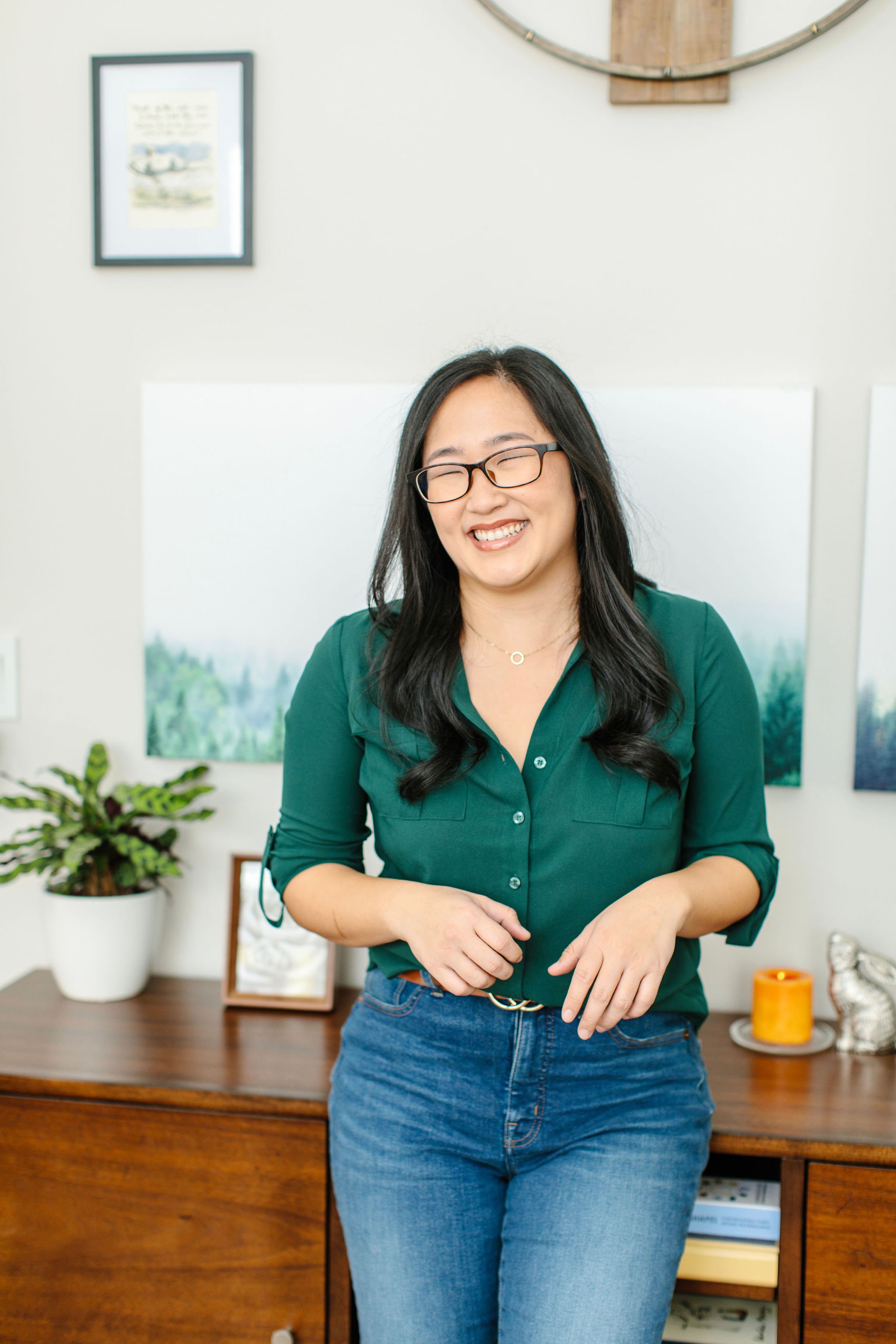
Joanne is a Licensed Marriage & Family Therapist and Certified Brainspotting Practitioner in San Jose, CA. She helps people EXHAUSTED by anxiety, shame, and an allergic reaction to anger create VIBRANT relationships where they matter, too.
Many of her clients are:
(1) the highly responsible, conscientious, and empathic types
(2) Enneagram Type Ones, Twos, Fours, or Nines
(3) Highly Sensitive Persons (HSPs)
The most common words spoken by those who’ve sat with Joanne:
“I thought it was just me. I’m NOT crazy!”
“I can finally figure out what to do with all these feelings!”


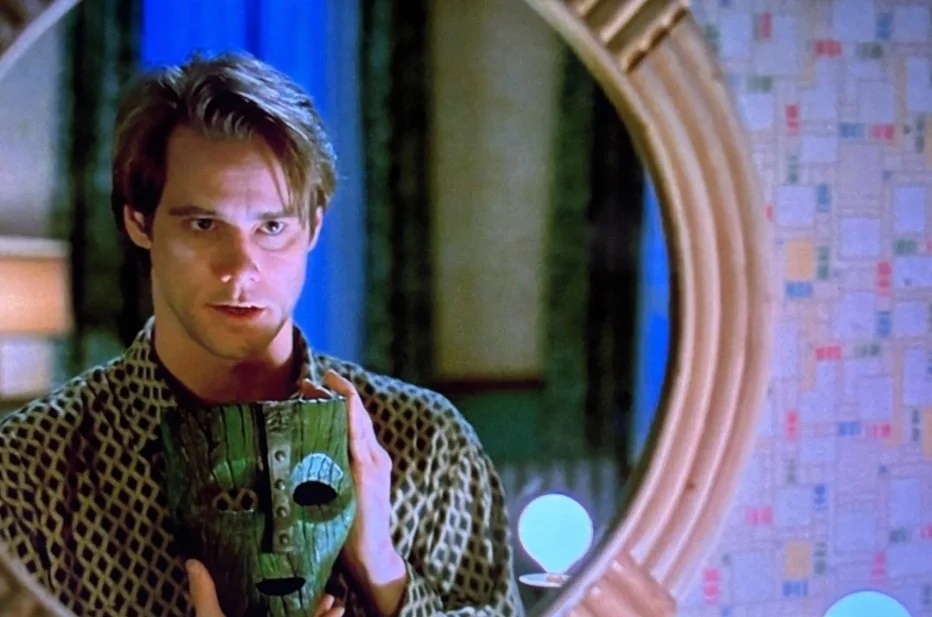

















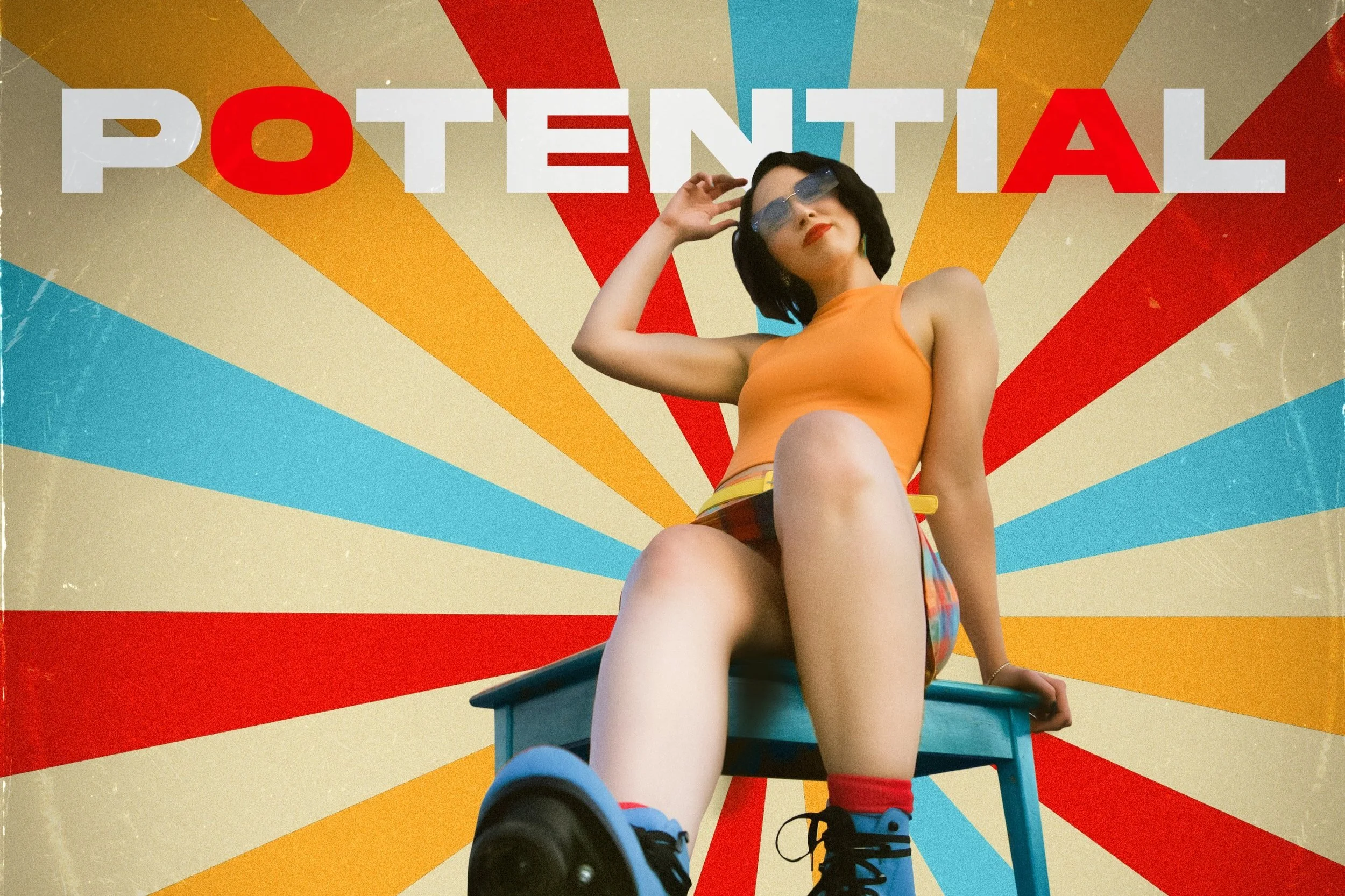













Struggling with emotional triggers or intimacy issues in your relationships because you were hurt in the past? Brainspotting is a powerful trauma therapy that helps you release past wounds stored in the body—so you can clearly see and effectively attend to each new person and moment clearly for what it is, instead of what your old trauma ghosts tell you they are.